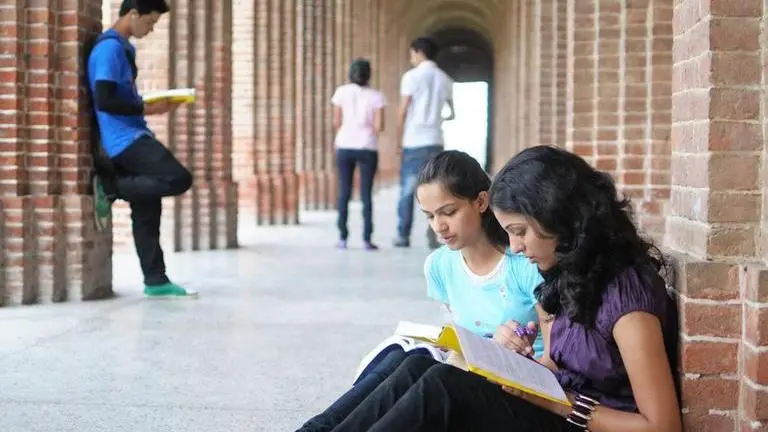Updated 31 July 2020 at 11:39 IST
When new education policy 2020 will be implemented? What is the education policy?
When new education policy 2020 will be implemented? Know all about the new education policy. The new NEP replaces the one formulated in 1986 (34 years ago).
- Education News
- 4 min read

The National Education Policy (NEP) 2020 aims to revamp all aspects of India's education system that was in place over three decades and bring it closer to the best global standards of education. The cabinet under the guidance of Prime minister Narendra Modi has now given a nod to this new education policy for the 21st century. The new education policy has been applauded by many authorities and is regarded as a promising model of education reforms that have been brought in India. Read on to know more about this new education policy key pints and when it would be implemented in India.
What is the education policy?
According to the government of India, the National Education Policy has all the promising key points that are expected to prove beneficial to enable an individual to study one or more specialized areas of interest at a deep level, along with developing a student's character, scientific temper, creativity, the spirit of service, and 21st-century capabilities across a range of disciplines including sciences, social sciences, arts, humanities, among others. The new NEP replaces the one that was formulated in 1986, which is around 34 years ago.
Advertisement
Is the new education policy implemented?
- NEP will not be implemented immediately.
- The government has set up a target of 2040 to implement the entire NEP policy.
- The government would till then slowly implement the policy key points one by one, while garnering sufficient funds to maintain the NEP proposal.
- NEP actually provides a broad area of directives and it is not compulsory to be followed. The reforms that are proposed can only come in place when they are collaboratively by the central government and the state government together.
- To implement the success of this NEP education reform, the government will set up subject wise committees with members from relevant ministries at both central and state level to discuss the implementation plan for each area of the NEP policy.
- After this planning for NEP is done, there would be a yearly joint review of the progress made in each aspect of the NEP policy.
Image courtesy: MHRD website
Advertisement
Education policy 2020 PDF key points
The PDF can be accessed at the MHRD website that is the ministry of Human Resource & Development website. Here is the direct link for education policy PDF - https://www.mhrd.gov.in/sites/upload_files/mhrd/files/NEP_Final_English_0.pdf
- The new education policy will create an independent regulatory body called the State School Regulatory Authority to oversee all the key areas.
- NEP aims to provide pre-primary education to all by 2025.
- NEP aims at compulsory school education for all children in the age group of 3-18 years by 2030.
- NEP has proposed a new curricular with 5+3+3+4 structure. This includes -
- Five years of the Foundational Stage: 3 years of pre-primary school and Grades 1, 2;
- Three years of the Preparatory (or Latter Primary) Stage: Grades 3, 4, 5;
- Three years of the Middle (or Upper Primary) Stage: Grades 6, 7, 8;
- Four years of the High (or Secondary) Stage: Grades 9, 10, 11, 12.
- NEP continues with the three-language formula and adds "The Languages of India" with an aim to preserve all local languages.
- According to the official reports, NEP has included a special point stating 'flexibility in the three-language formula' stating that 'students who wish to change one or more of the three languages they are studying may do so in Grade 6 or Grade 7, as long as they are able to still demonstrate proficiency in three languages'.
- Global education access - An International Students Office at each institution hosting foreign students will be set up. High performing Indian universities will be encouraged to set up campuses in other countries. Selected universities like those from among the top 100 universities in the world will be facilitated to operate in India.
- No hard separation of arts and sciences - The new education policy aims to give students increased flexibility and choice of subjects to study across the arts, humanities, sciences, sports, and vocational subjects.
- National Research Foundation - A National Research Foundation will be established to grant competitive funding for outstanding research proposals across all disciplines.
- Rashtriya Shiksha Aayog - The Rashtriya Shiksha Aayog or National Education Commission will be headed by the Prime Minister of India. States may set up apex State-level bodies called the Rajya Shiksha Aayog or the State Education Commission.
Promo Image courtesy: Shutterstock
Published By : Surabhi Sabat
Published On: 31 July 2020 at 11:39 IST

